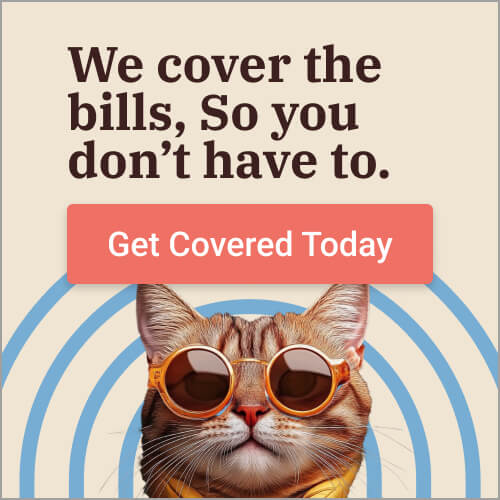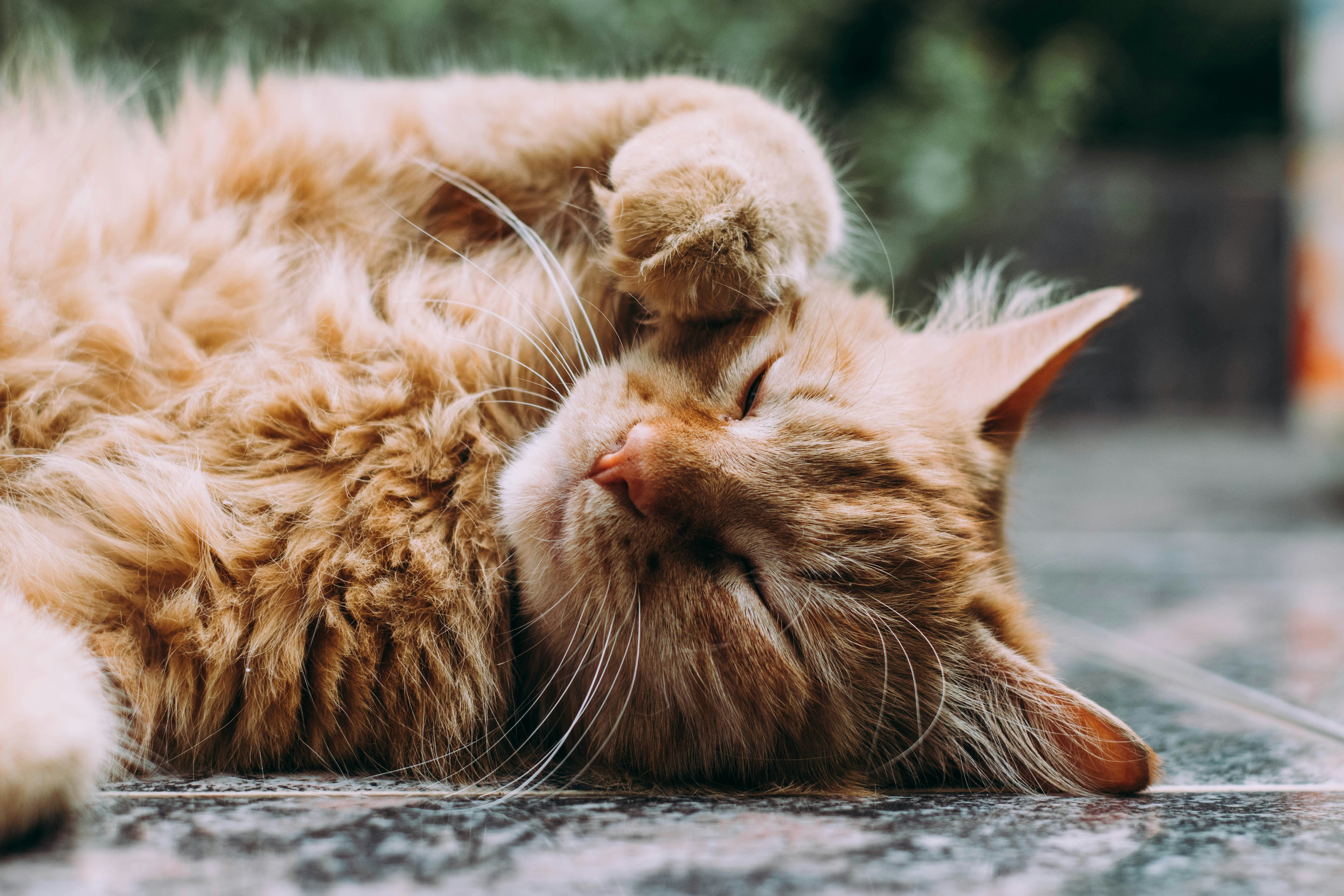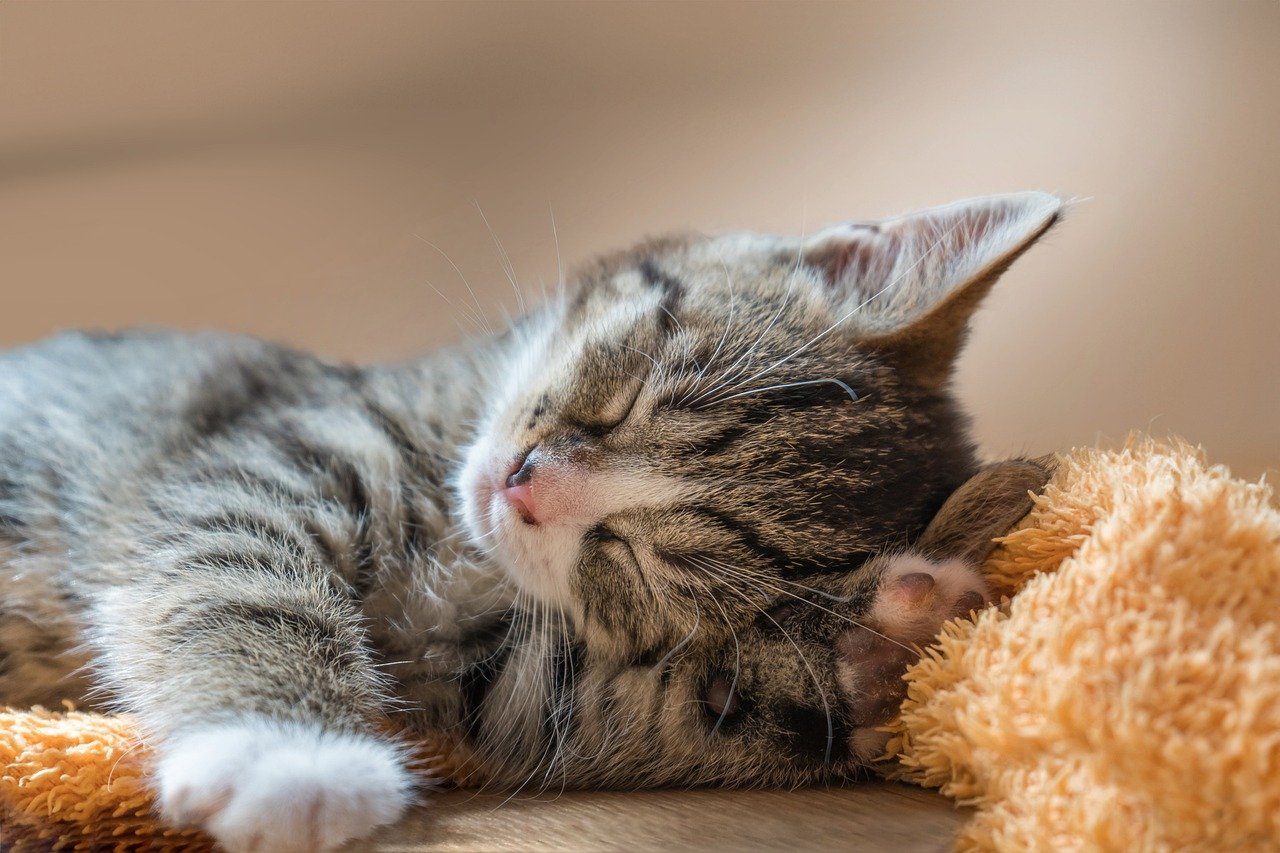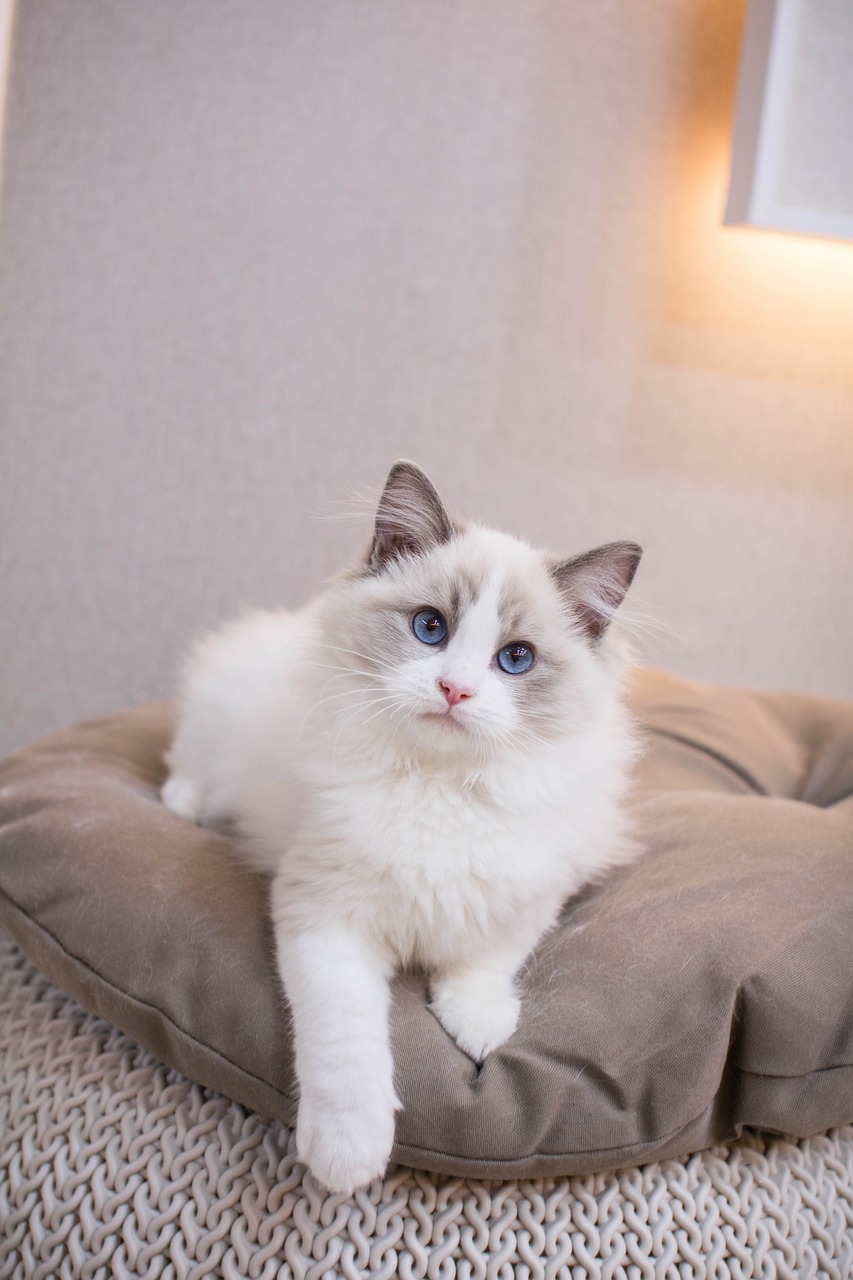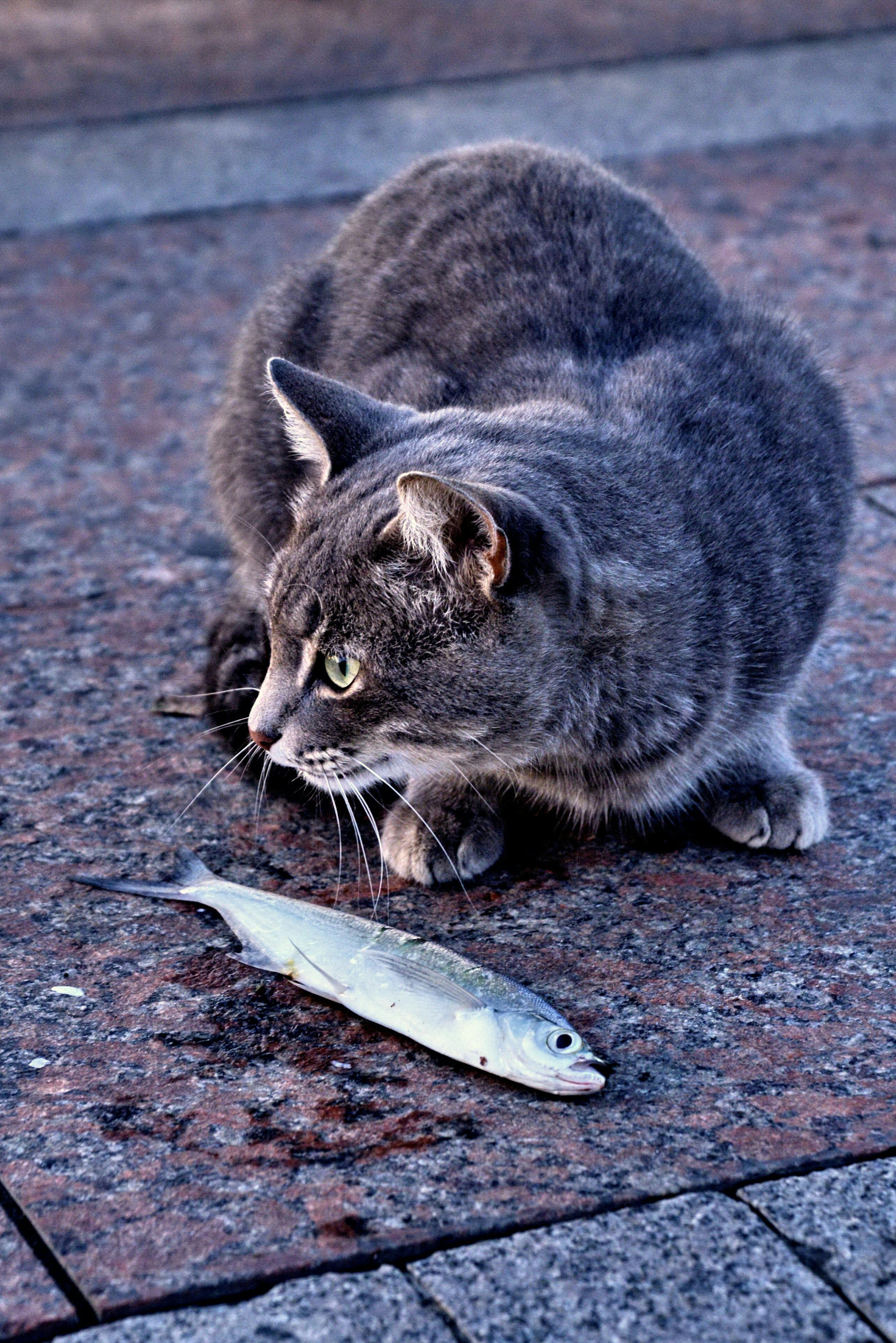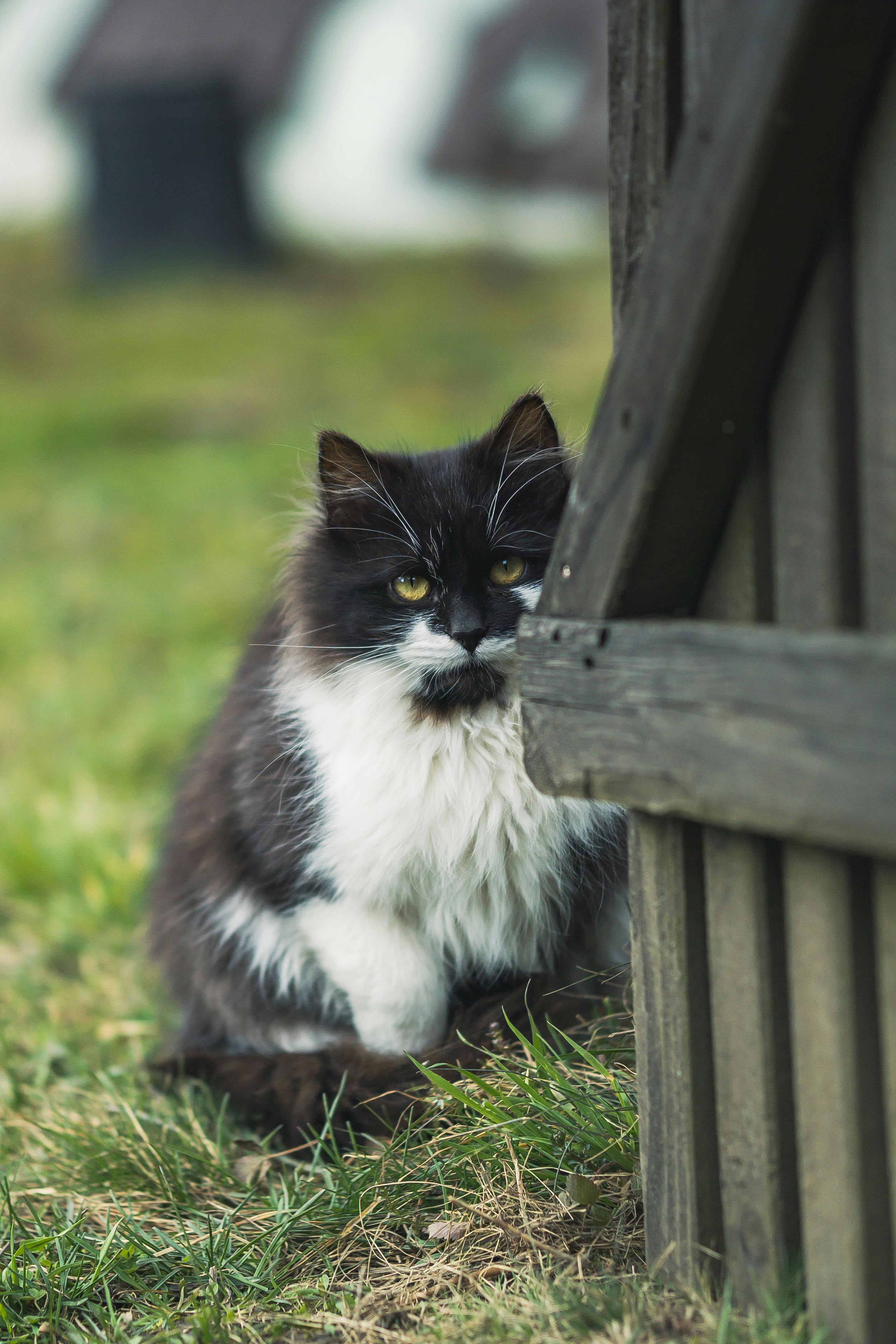Can Cats Eat Cheese?
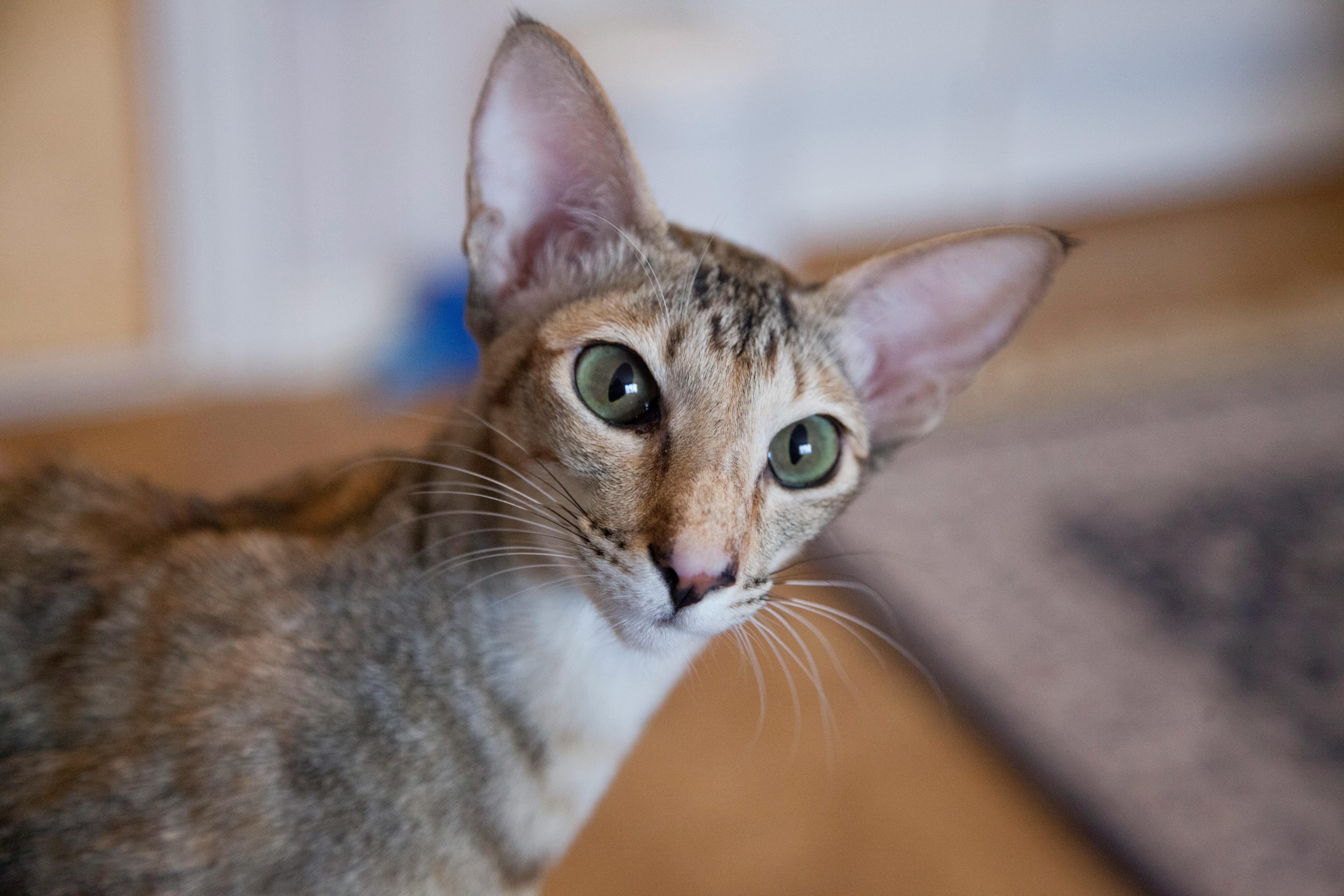
If you've ever observed your cat curiously sniffing around your cheese platter or attempting to sneak a nibble of your cheese sandwich, you're likely aware that cats often find cheese irresistible. However, cheese and other dairy products, such as milk, are not suitable for our feline companions. While giving cats milk or cream to drink was once a common practice, we now understand that it is not a healthy choice.
Although cheese is not toxic to cats, many cats are, in fact, lactose intolerant, which means they cannot properly digest the type of sugar found in dairy products. Consequently, consuming milk and cheese can lead to digestive issues. Even if your cat is not allergic to dairy, cheese is high in fat and salt and lacks the essential nutrients that cats need for their well-being. Therefore, providing them with proper cat food is much better.
Why Are Cats Drawn to Cheese?
Cats' taste buds are naturally inclined to detect fatty and meaty flavors because they are carnivores and require meat for their health. This means that their appetite is driven by foods with high fat content, making them irresistibly attracted to the taste of cheese, despite its detrimental effects.
Interestingly, cats' taste buds are not as receptive to sweetness, so they are not interested in sugary foods. If they are drawn to your ice cream or chocolate, the fat content likely appeals to them, not the sweet taste. However, it's essential to note that chocolate is highly toxic to cats, so it should always be kept out of their reach.
Why Is Cheese Harmful to Cats?
Since many cats are lactose intolerant, consuming cheese can upset their stomachs, leading to vomiting and/or diarrhea. It can also induce feelings of lethargy or sluggishness. If cheese is a regular part of their diet or they consume it in large quantities, they are also at risk of becoming overweight and may develop skin issues, resulting in fur loss.
Is Any Cheese Safe for Cats?
All varieties of cheese, including cheddar, parmesan, brie, feta, mozzarella, and blue cheese, are unsuitable for cats because they all contain lactose, which can make them unwell. Additionally, it is advisable to avoid giving your cat any lactose-free or plant-based cheese, as many dairy alternatives may contain ingredients that could be toxic to cats. It's best to steer clear of feeding your cat any cheese-flavored human foods, as they may be unhealthy or harmful to cats, even if they do not contain actual cheese.
What About Cat Treats with Cheese?
Some cat treats designed specifically for felines may include small amounts of cheese or be cheese-flavored. These treats are generally safe to give to your cat in moderation as an occasional treat. They can also be useful for concealing your cat's medication and encouraging them to take their pills. However, if your cat is lactose intolerant, these treats may still upset their stomach. Therefore, closely monitor your cat; if they become unwell, consider using a different type of cat treat.
My Cat Ate Cheese, What Should I Do?
If your cat has recently consumed some cheese, there's generally no need to rush them to the vet. Keep a close eye on your pet, and if they become unwell or you notice any changes in their health or behavior, contact your veterinarian and provide details about what's wrong and how much cheese your cat has ingested. Your vet will be able to advise you if they think a veterinary appointment is necessary. If your cat becomes ill after eating cheese, it's a good idea to keep it out of their reach and save it as an occasional treat for yourself!
Get insurance plans with wide-ranging coverage options







